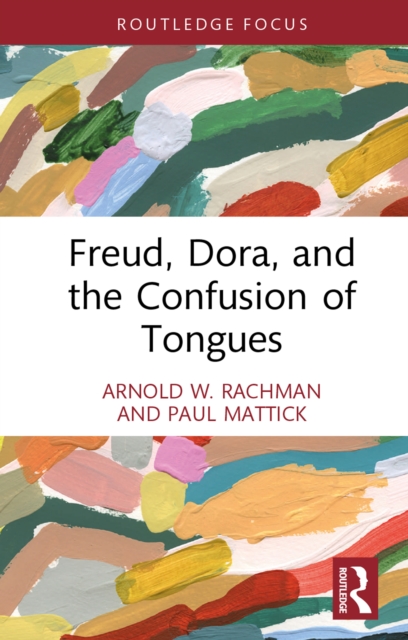
Freud, Dora, and the Confusion of Tongues PDF
by Arnold W. Rachman, Paul Mattick
Part of the Psychoanalytic Inquiry Book Series series
Description
Responding to growing interest in issues of gender and power as they arise within psychoanalysis, Freud, Dora, and the Confusion of Tongues re-examines Freud's iconic case of Dora from the perspective of Sandor Ferenczi's investigation of the sexual manipulation of children by adults.
Freud believed that his analysis of Dora demonstrated the truth of his Oedipal theory; his treatment was based on interpretations of her statements as evidence of an unresolved Oedipal conflict. In contrast, Ferenczi’s Confusion of Tongues theory focused on the actual interactions between young people and adults who made use of their social status and power to substitute sexuality for the affection children desire. Where Freud located the origin of neurosis in psychological processes interior to the analysand, Ferenczi directed attention to the real traumatic aspects of the relationships between people. By such critical investigation, this book most strikingly shows that Freud’s imposition of his interpretations on Dora, despite his sincere wish to be of help to her, represented an abusive retraumatization.
Arguing that it is essential to understand linguistic and other representational systems of experience, and the interrelation between the reproduction and transformation of self, in a contemporary analysis of Dora’s case, this book will appeal to psychoanalysts, philosophers and all those interested in a new understanding of classical psychoanalysis.
Information
-
Download - Immediately Available
- Format:PDF
- Pages:84 pages
- Publisher:Taylor and Francis
- Publication Date:24/01/2023
- Category:
- ISBN:9781000848168
Other Formats
- EPUB from £15.38
- Hardback from £46.09
Information
-
Download - Immediately Available
- Format:PDF
- Pages:84 pages
- Publisher:Taylor and Francis
- Publication Date:24/01/2023
- Category:
- ISBN:9781000848168










